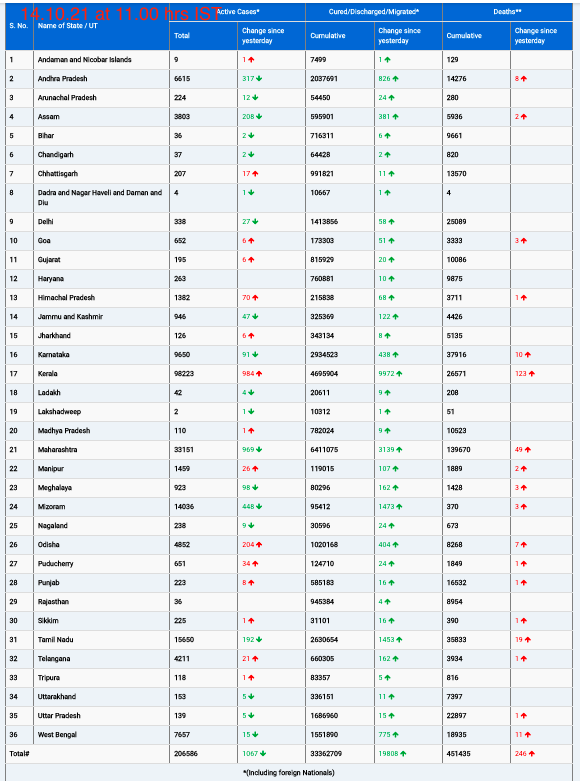In a bid to unlock the secrets of heart-healthy eating, researchers have delved into the benefits of a flexitarian diet, shedding light on its potential to reduce cardiovascular risk compared to traditional omnivorous diets.
Published in the esteemed journal BMC Nutrition, the study underscores the advantages of prioritizing plant-based foods with occasional meat consumption, characteristic of the flexitarian approach, in promoting cardiovascular health.
The research, which set out to explore the impact of a flexitarian diet on heart health, enlisted the participation of 94 individuals aged 25 to 45, each adhering to either a vegan, omnivorous, or flexitarian diet for a minimum of one year prior to the study.
Employing detailed questionnaires, researchers meticulously assessed the dietary habits and lifestyle factors of the participants, drawing distinctions based on meat consumption levels. Those consuming less than 50 grams of meat daily were identified as flexitarians, while those consuming 170 grams or more were classified as omnivores. Vegans, who eschewed all animal products, constituted a distinct group.
On the day of the study, blood samples were procured from the participants to scrutinize cardiovascular disease biomarkers. Additionally, researchers gauged blood pressure, body mass index, and arterial stiffness during the assessment.
Analysis of the blood biomarkers unveiled compelling insights: both flexitarians and vegans exhibited superior cardiovascular health metrics compared to their omnivorous counterparts. Specifically, they showcased lower total cholesterol and low-density lipoprotein (LDL) cholesterol levels, indicative of a reduced risk of heart disease.
Moreover, vegans displayed lower fasting insulin levels, although this disparity diminished when adjusted for potential confounding factors. Notably, both flexitarians and vegans boasted lower metabolic syndrome severity scores, an amalgamation of key cardiovascular risk factors including blood glucose levels, blood pressure, cholesterol levels, and body weight.
These findings underscore the potential of a flexitarian diet in fortifying cardiovascular health, presenting a compelling argument for individuals to consider incorporating more plant-based foods into their dietary repertoire. Further research is warranted to unravel the long-term implications and nuances of adopting a flexitarian approach to eating.











